Must know "standing on the shoulders of giants"
Reporter: In the article "Private economic development - a lever for a prosperous Vietnam", General Secretary To Lam positioned the mission and considered the private economy as the pioneering force in the new era. To affirm their position and role, what necessary and sufficient factors must modern private enterprises possess, sir?
Assoc. Prof. Dr. Ngo Tri Long: In the article “Private economic development - a lever for a prosperous Vietnam”, General Secretary To Lam clearly defined the mission of the private economic sector, affirming that this is the pioneering force in the country's development in the new era. This statement not only demonstrates the strategic vision but also sets out very specific requirements: Private enterprises must demonstrate their mettle, role and responsibility in the journey of integration and development.
To undertake that mission, first of all, private enterprises need to surpass themselves, strongly transforming from a traditional business model to a modern, professional, law-abiding and socially responsible management model. However, that is not enough. In the digital age and the Fourth Industrial Revolution, technological capacity, innovation, management skills, and the ability to participate in the global value chain are mandatory requirements. Private enterprises must know how to "stand on the shoulders of giants", know how to learn, connect, and cooperate for sustainable development, and constantly improve productivity and quality of products and services.
At the same time, building a decent, humane, people-centered corporate culture that promotes social responsibility, protects the environment, and ensures workers’ rights are also important pillars. A healthy private economy cannot be separated from business ethics and civic responsibility.
Finally, to truly become a pioneering force, the private economic sector needs to proactively participate in the process of institutional creation, working with the Party and the State to build a transparent, equal, stable and open legal environment. Only when rights and obligations are fairly guaranteed, will enterprises boldly invest, innovate and grow.
Why can't private enterprises break through?
 |
Proactiveness, flexibility and creativity in business strategy will help Vietnamese enterprises overcome challenges. (Illustration photo) |
PV: After nearly 40 years of innovation, the private economy is still "inferior" to the FDI sector and state-owned enterprises due to little support or incentives in terms of land, taxes, technology and governance... According to Associate Professor, is this a limitation that prevents private enterprises from daring to break through and also not having enough capacity to compete?
Assoc. Prof. Dr. Ngo Tri Long: Why have private enterprises not been able to make a breakthrough? This is a question of great interest to the community. Nearly 40 years since the reform was initiated in 1986, the Vietnamese economy has achieved great and comprehensive achievements. In that general picture, the private economic sector - as one of the three important pillars alongside the foreign direct investment (FDI) sector and state-owned enterprises - has made significant progress, becoming an increasingly large driving force for growth. However, frankly speaking, the domestic private economy is still in a "disadvantaged" position, at a disadvantage in many aspects and has not really made a breakthrough, despite accounting for over 40% of GDP and creating more than 85% of jobs for the whole society.
In my opinion, it can be affirmed that: The lack of practical, synchronous and stable support policies on land, taxes, access to capital, technology and modern management is one of the fundamental reasons why domestic private enterprises have not been able to break through and improve their competitiveness.
The State needs to play a role in creating development and designing long-term policies.
PV: To promote the private economic sector to develop in a breakthrough but sustainable way in the coming time, what solutions does Vietnam need, Associate Professor?
Assoc. Prof. Dr. Ngo Tri Long: The private economic sector currently plays a role as one of the most important driving forces for national economic growth. Under the leadership of the Party and the management and regulation of the State by law, to promote this sector to develop in a breakthrough but sustainable manner, in my opinion, Vietnam needs to synchronously deploy a number of strategic solutions as follows:
Firstly, perfecting the legal system, ensuring a transparent and fair business environment: Building and perfecting a synchronous, stable and transparent legal system is a prerequisite. It is necessary to: Continue reforming administrative procedures, removing legal barriers that hinder the business activities of private enterprises. Ensuring the predictability of policies, limiting sudden changes that pose risks to investors. Strengthening the independent monitoring mechanism and making the law enforcement process transparent.
Second, create conditions for private enterprises to access capital, land and resources: The biggest difficulty currently facing private enterprises, especially small and medium enterprises, is accessing credit and land funds. It is necessary to: Develop a multi-layered financial market, diversify capital mobilization channels such as venture capital funds, stock markets, and policy banks to support startups. Review, publicize and make transparent land use planning, prioritize land allocation for manufacturing - industrial - innovation enterprises. Establish an electronic "one-stop" mechanism for land use registration and licensing.
Third, enhance competitiveness and innovation in the private sector: The State needs to have policies to support private enterprises in digital transformation, applying new technologies and upgrading corporate governance. Particularly encourage the formation of private “leading enterprises” capable of leading the supply chain. Strengthen links between private enterprises and research institutes, universities and FDI enterprises.
Fourth, building a strong team of national entrepreneurs with ethics and political courage: The Party and the State need to continue to affirm the role and position of the private business community in the country's development strategy. There should be training programs to foster leadership and business management capacity, combining business ethics education and social responsibility. Forming a support network for young entrepreneurs, female entrepreneurs, and innovative startups.
Fifth, strengthen the leading and guiding role of the socialist rule of law state: The state needs to play a role in creating development, designing long-term policies, stabilizing and protecting property rights and freedom of business of enterprises. At the same time, strictly handle acts of taking advantage of policies, unfair competition, and market manipulation. Promote the formation of a complete and modern market economy, associated with green growth and sustainable development.
Thank you very much!
Solutions to help Vietnamese enterprises overcome the "shock" of US reciprocal taxes
On April 10, US President Donald Trump decided to suspend the plan to impose reciprocal tariffs for 90 days on all trading partners that do not retaliate against the US and impose a 10% reciprocal tariff during this period, effective immediately. However, currently, exporting enterprises, especially private enterprises, are still "holding their breath" waiting for the results of the negotiations in the coming time... What is your advice for enterprises when facing these difficulties and challenges?
Assoc. Prof. Dr. Ngo Tri Long: It is true that during this time, exporting enterprises are still "holding their breath" waiting for the results of the negotiations in the coming time. However, the fact that US President Donald Trump temporarily postponed the tax for 90 days may bring a "breathing space". Therefore, enterprises need to develop both short-term and long-term plans suitable to the actual situation.
Short-term plan: Respond flexibly and seize opportunities. During the 90-day tax deferral, it is necessary to accelerate production and exports; Take advantage of the tax exemption period to boost exports to the US, optimize costs and revenue; In addition, it is necessary to negotiate with US partners: Sign more contracts, finalize prices and commit to delivery during the period when taxes are not imposed; In addition, optimize logistics and supply chains. Take advantage of current freight rates, prepare goods quickly, and be more flexible in delivery; At the same time, assess policy risks, establish a team to monitor the US-China or US-other countries negotiations to promptly adjust strategies.
Long-term plan: Diversify and adapt sustainably. Because the US trade environment can fluctuate erratically, it is necessary to diversify export markets, reduce dependence on the US market by expanding to the EU, Southeast Asia, India, Japan, etc.; Redirect production investment by considering investing and locating factories in countries with trade agreements with the US to avoid taxes; Need to pay attention to product restructuring and brand positioning; Focus on developing products with higher added value, less price competition; Other issues such as: Building legal capacity and policy forecasting by training a team specializing in monitoring, analyzing international trade policies and proactively advising on strategic adjustments; Strengthening internal capacity when investing in technology, automation, quality control and digital transformation to increase global competitiveness also need to be specifically and systematically concerned.
In this volatile context, proactive, flexible and creative business strategies will help Vietnamese enterprises overcome challenges, maintain and develop sustainably in the international market.
Source: https://baophapluat.vn/pgsts-ngo-tri-long-khu-vuc-kinh-te-tu-nhan-can-chu-dong-tham-gia-vao-qua-trinh-kien-tao-the-che-post545046.html



![[Photo] Prime Minister Pham Minh Chinh and Japanese Prime Minister Ishiba Shigeru attend the Vietnam - Japan Forum](https://vstatic.vietnam.vn/vietnam/resource/IMAGE/2025/4/29/fc09c3784d244fb5a4820845db94d4cf)


![[Photo] Prime Minister Pham Minh Chinh receives Cambodian Minister of Commerce](https://vstatic.vietnam.vn/vietnam/resource/IMAGE/2025/4/28/be7f31fb29aa453d906df179a51c14f7)





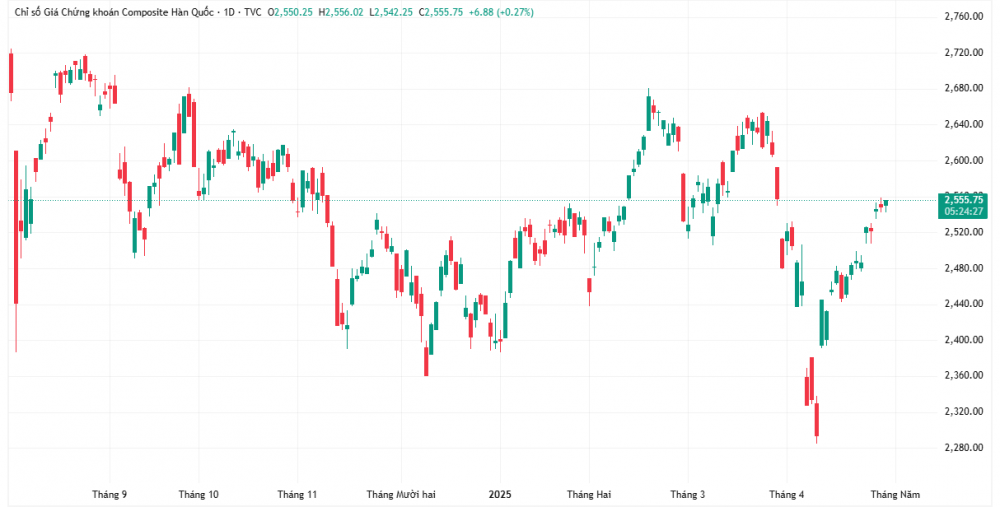
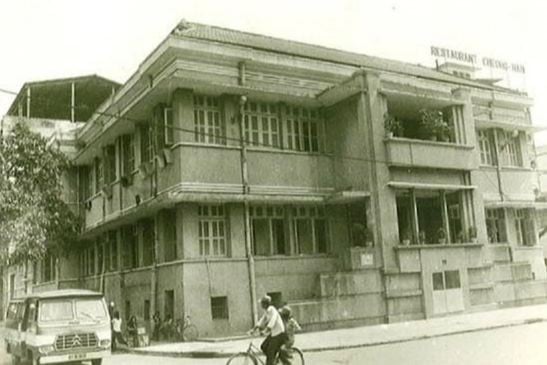









![[Photo] A long line of young people in front of Nhan Dan Newspaper, recalling memories of the day the country was reunified](https://vstatic.vietnam.vn/vietnam/resource/IMAGE/2025/4/28/4709cea2becb4f13aaa0b2abb476bcea)
![[Photo] Signing ceremony of cooperation and document exchange between Vietnam and Japan](https://vstatic.vietnam.vn/vietnam/resource/IMAGE/2025/4/28/e069929395524fa081768b99bac43467)









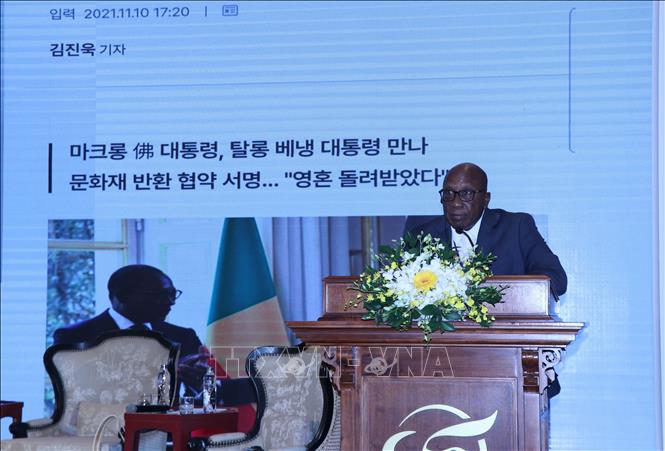















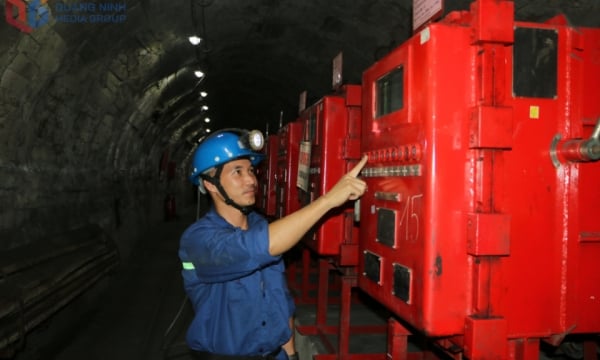



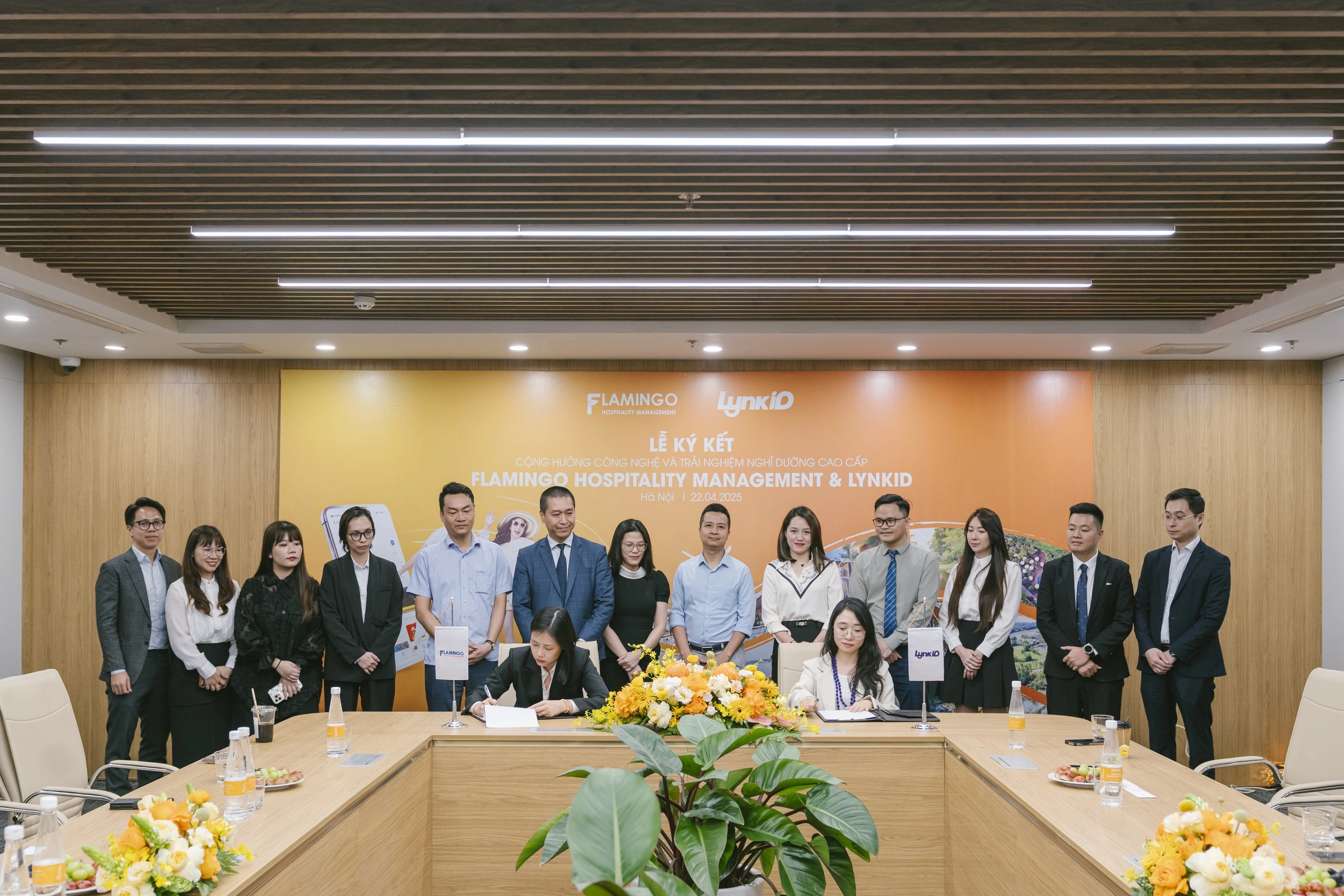
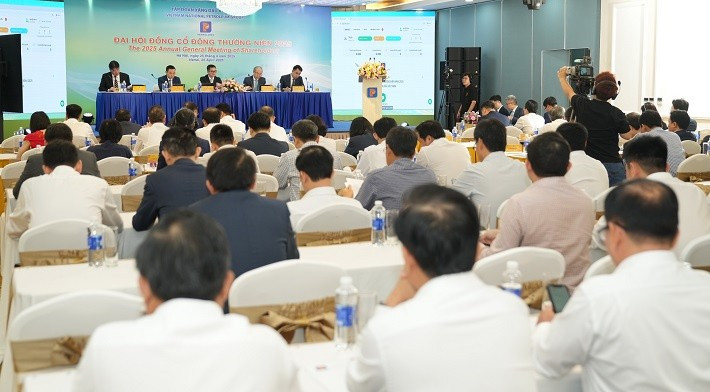


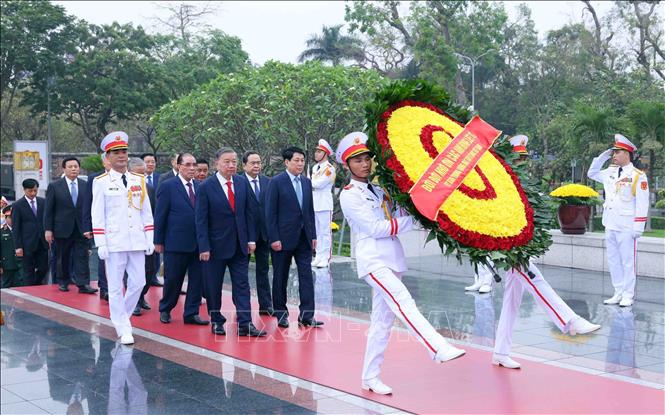
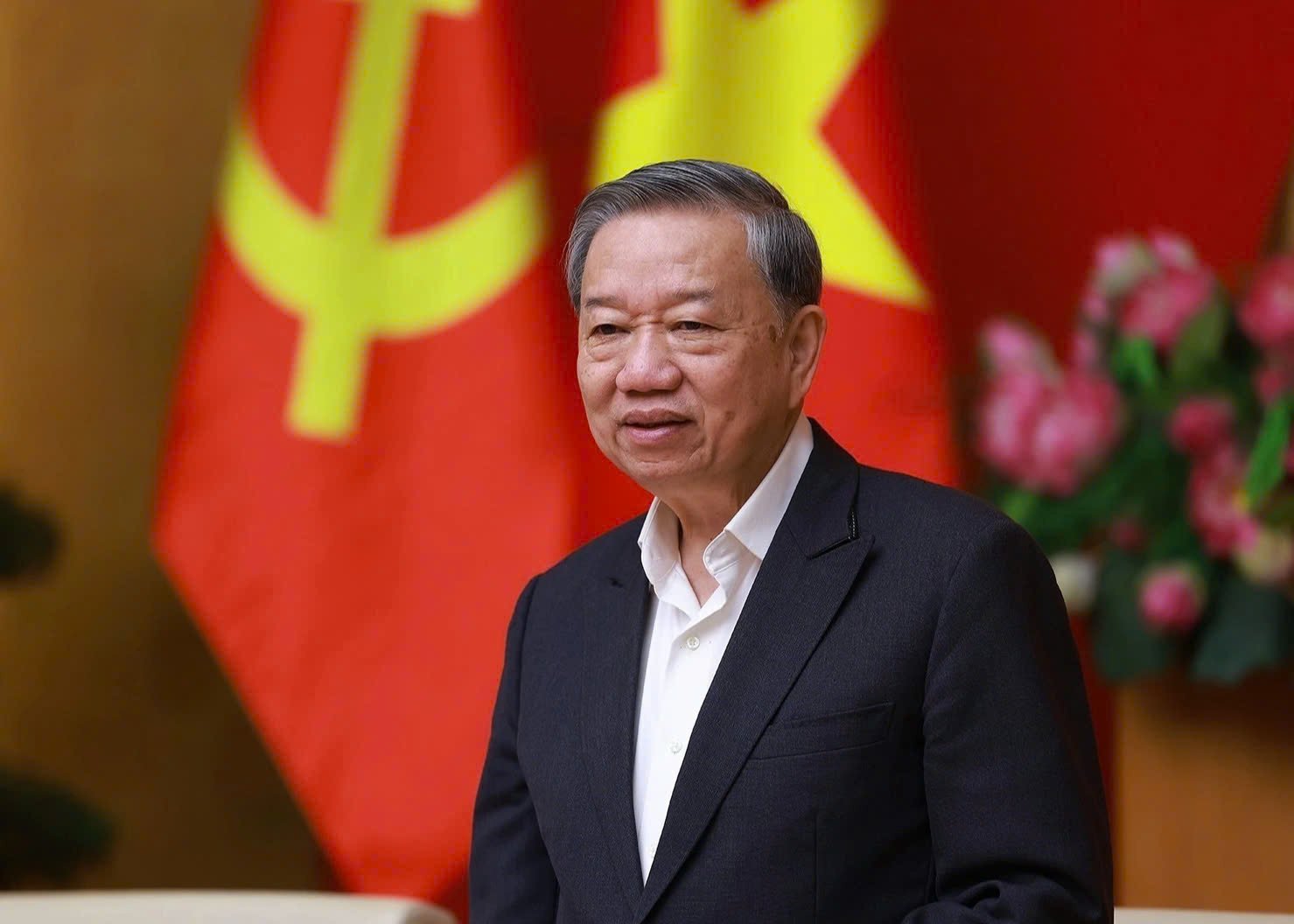



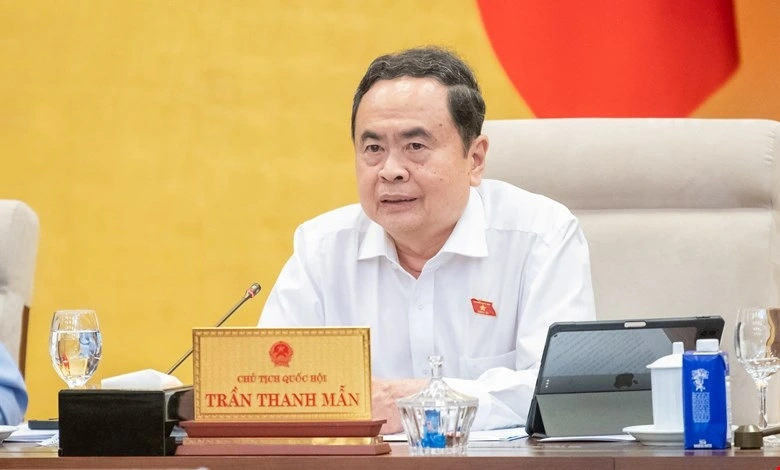
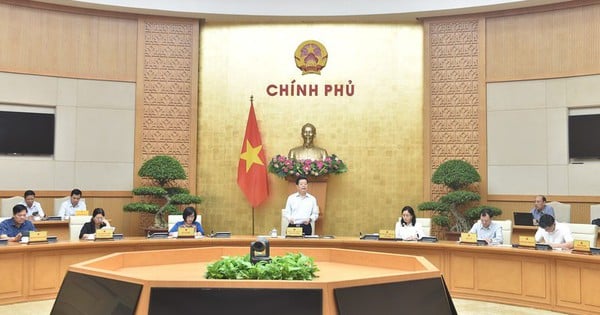



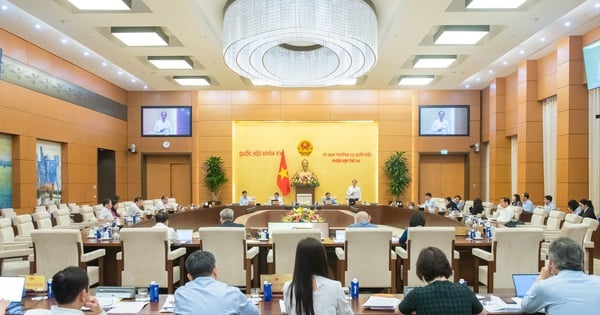






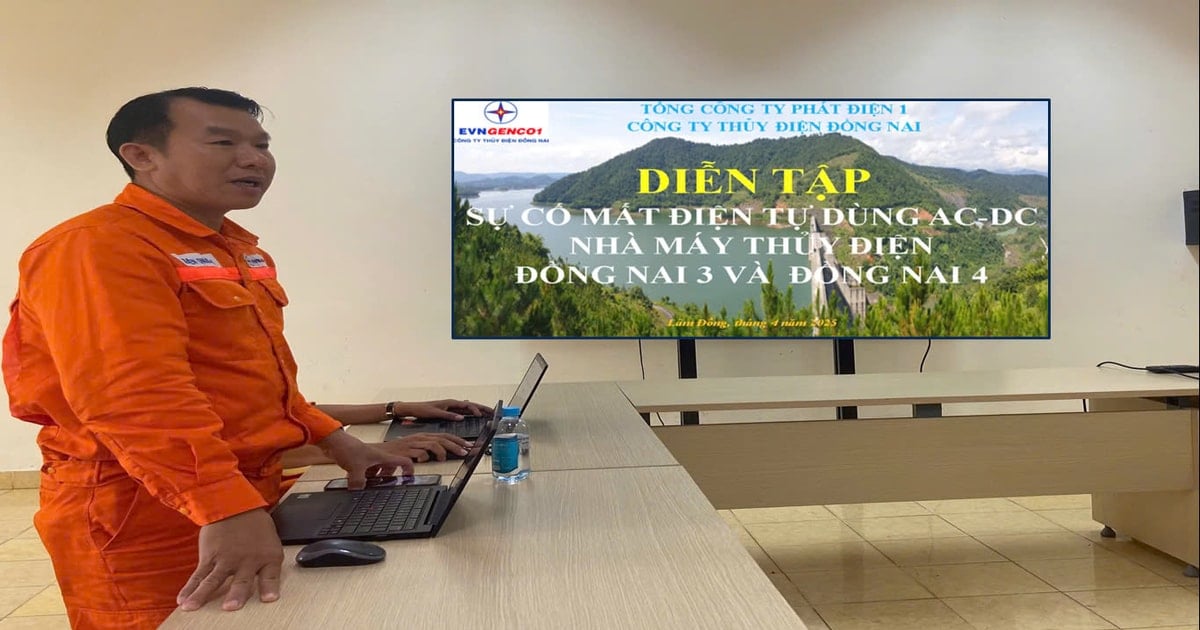




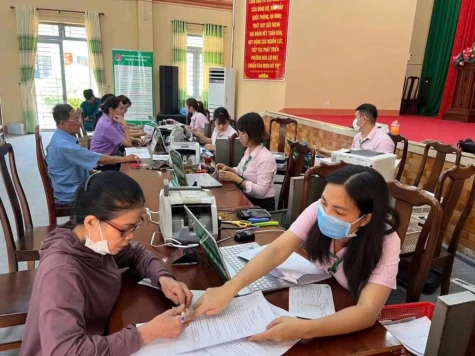
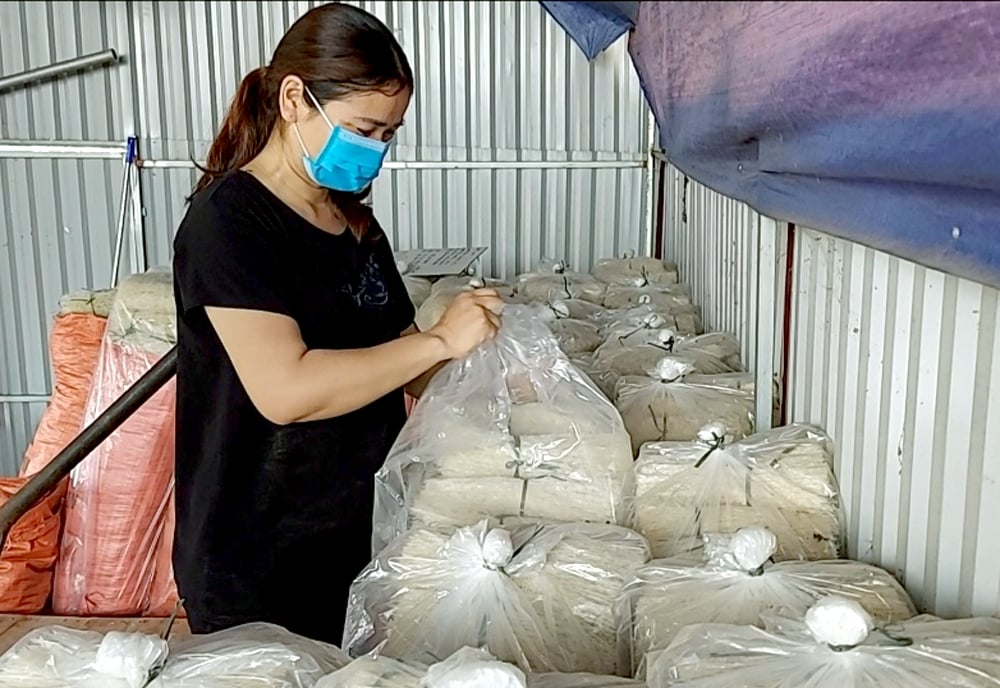

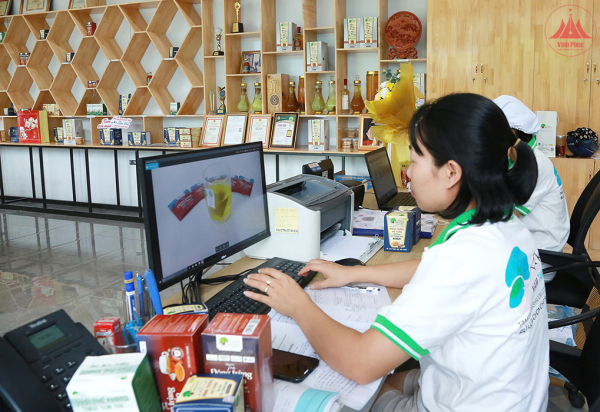



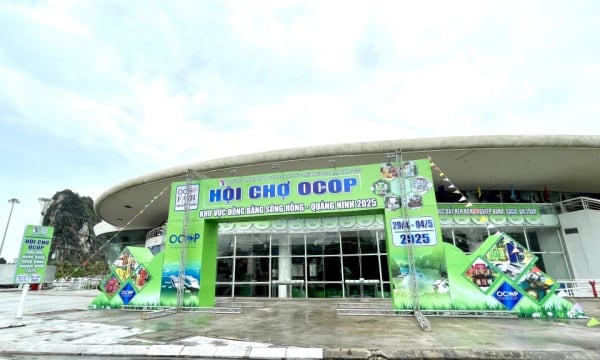




Comment (0)